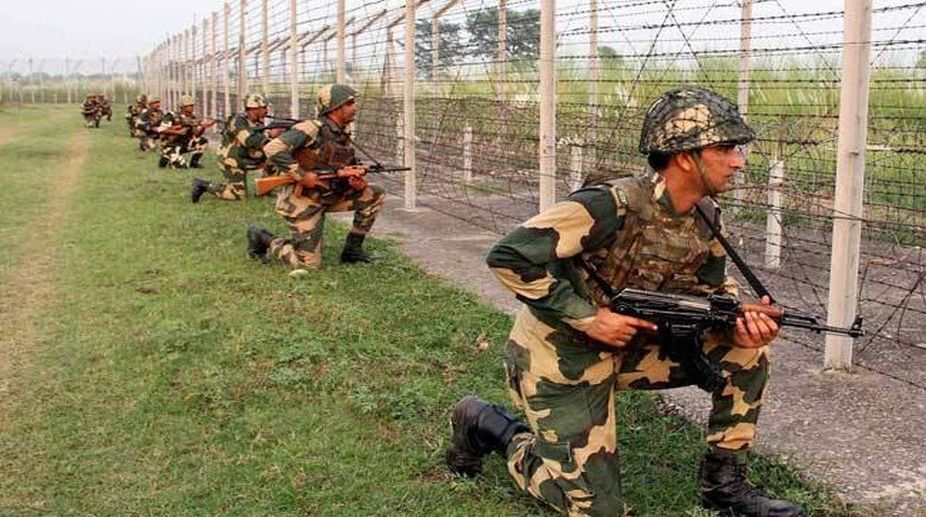Cold storage association demands storage rent rise from govt
West Bengal Cold Storage Association held their 60th annual general meeting on Wednesday.

Representational Image (Photo: Getty Images)
The BSF has enhanced patrolling along 22 sensitive and vulnerable spots in West Bengal and is using local language skills as well as intel to check the influx of Rohingyas into the country.
In most cases, the Rohingyas try to pass themselves off as Bangladeshis if they are apprehended by the BSF, officials said.
Advertisement
To counter this, jawans adept in Bengali language are used for questioning.
Advertisement
“If a person crossing the border illegally is apprehended, he is questioned by the jawans. And although Rohingyas try to identify themselves as Bangladeshis, in most of the cases their accent of Bengali betrays them. The accent of Bangladeshis and Rohingyas are a bit different,” said a senior BSF official.
A detailed questioning reveals their identity.
The 22 spots are spread across North 24 Parganas, Murshidabad, and Krishnanagar districts.
“These spots were there but after this issue of Rohingya came up, we have reviewed those sensitive spots from where both Bangladeshis and Rohingyas can cross. We have increased our vigil and are using local skills to identify them,” PSR Anajaneyulu, IG, BSF (South Bengal), said.
According to BSF sources in South Bengal frontier, patrolling in those areas has been enhanced and the ground level forces with boosted jawans who are adept in Bengali language.
As many as 175 Rohingyas have been apprehended by the BSF out of which seven were in 2017, BSF officials said.
The BSF is also enhancing its local source base and working with different central agencies to track the movement and identify Rohingyas.
Of the 4,096-km-long Indo-Bangladesh border, 2,216.7 km is in West Bengal.
Terming the Rohingya refugees as “illegal” immigrants, the government on September 18 told the Supreme Court that some of them were part of a “sinister” design of Pakistan’s ISI and terror groups such as the ISIS, whose presence in the country will pose a “serious” national security threat.
Hundreds of thousands of Rohingya Muslims, described by the UN as the most persecuted minority in the world, fled their homes in Rakhine state in Myanmar recently to escape a military crackdown.
Advertisement